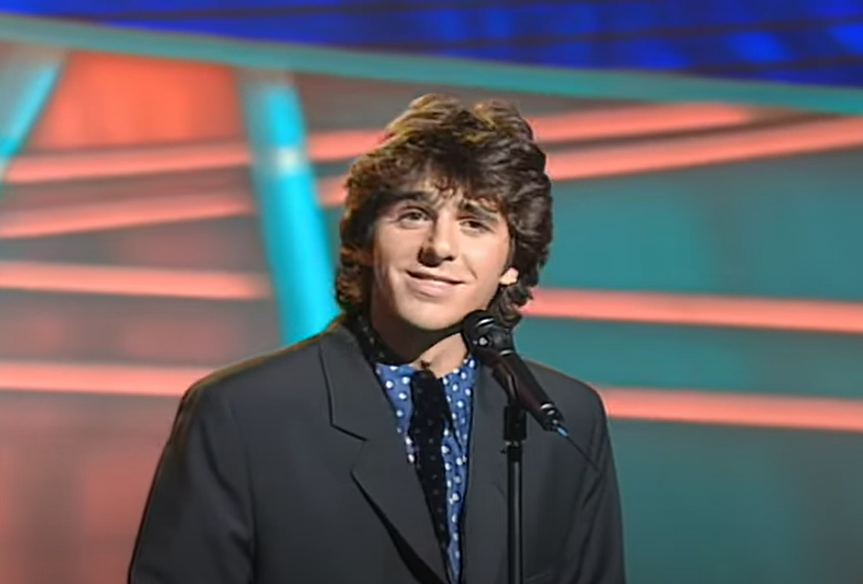Broadcasters call on EBU regarding televoting system in Eurovision.
Following on from Eurovision 2025 in Basel, Switzerland, various broadcasters from across Europe have reached out to the EBU for clarity on the televote system currently in place in Eurovision. At the time of writing, five broadcasters have raised their concerns with the EBU – VRT (Belgium); RÚV (Iceland); Yle (Finland); RTVSLO (Slovenia) and RTVE (Spain).
VRT - Belgium
VRT nws reports that the Dutch language Belgian broadcaster is asking for complete transparency about televoting in Eurovision, and that “without a serious answer to our concerns, we are questioning our future participation.”
Yasmine Van de Borght from VRT has said: “We have no indications that the points count was not done correctly, but we are asking for full transparency from the EBU. The question is whether the current voting system guarantees a fair reflection of the opinion of the viewers and listeners.” The broadcaster goes on to question the political nature of the contest: “We at VRT have noticed that the Eurovision Song Contest as it is currently organised is becoming less and less of a unifying and apolitical event. It is increasingly at odds with the original norms and values of the event and with the norms and values of public broadcasting.”
Director of the Eurovision Song Contest, Martin Green, has responded to VRT’s concerns with this message: “We remain in constant contact with all participating broadcasters and take their concerns seriously. Now that the event has concluded, we will have a broad discussion with the participating broadcasters to reflect and get feedback on all aspects of this year’s event. It is part of our planning process for next year’s 70th Eurovision Song Contest…
…It is important to stress that the Eurovision voting process is the most advanced in the world and that each country’s results are checked and verified by a huge team of people to rule out any suspicious or irregular voting patterns. An independent verification device checks both the jury and public voting data to ensure a valid result. Our voting partner Once has confirmed that a valid vote has been registered in all countries participating in this year’s Grand Final and in the rest of the world.”
RÚV - Iceland
Stefán Eiríksson, director of the Icelandic National Broadcasting Corporation, says that RÚV will request information from the European Broadcasting Union about the televoting in the Eurovision 2025 final. “We will of course monitor the developments and request the same information from the EBU about the telephone vote as the Spanish national radio… The results last Saturday night were interesting and will undoubtedly spark discussions within the EBU, which we will, as before, monitor and participate in.”
Yle - Finland
Juha Lahti, Executive Producer of Yle Entertainment has said that Yle plans to raise the issue of televoting in Eurovision with the EBU. “We will ask the EBU whether it is time to update these rules or at least review whether the current rules allow for abuse.” According to Lahti, the voting method in Eurovision has been under consideration in Finland for a long time now. “…If we are going to put more emphasis on public votes, we should really think about whether it makes sense for one person to be able to vote twenty times.”
RTVSLO - Slovenia
Slovenia’s broadcaster has confirmed that they will be addressing questions to the EBU regarding this years Eurovision Song Contest. This is not the first time that RTVSLO has called televoting in Eurovision into question. After the 2024 contest, the broadcaster asked the EBU for “xact data on how the Slovenian audience voted” at Eurovision 2024, because the broadcaster said that the “total result raises some doubts, especially the large number of ‘new’ online voters, which have not been there before.”
RTVE - Spain
The Spanish broadcaster questions whether or not the televoting method in Eurovision remains the most appropriate in a context where armed conflicts can directly influence results, which in turn, distances the festival from its authentic cultural spirit.
El País reports that RTVE received 142,688 votes during the Eurovision 2025 final. After insisting on obtaining more precise data, RTVE received a new report from the EBU, which detailed that during the grand final, 7,283 calls, 23,840 text messages, and 111,565 online votes were recorded. RTVE has announced that it will request an audit to clarify any doubts it may have about the process. The broadcaster plans to ask the European Broadcasting Union (EBU) for a thorough review of how the Eurovision audience vote is conducted.
In a report on Teleradio, RTVE raised concerns that the current televoting system in Eurovision is maybe not the best suited system in times of armed conflict, where geopolitical tensions could influence the results of the televote.
What are your thoughts on the current televoting system in place in Eurovision? Do you think that it needs to be changed in any way? Let us know your thoughts on this topic in the comments below!








3 Responses
The televoting system needs fixing. I would suggest that eurovision fans and people who watch the show would spread their 20 votes across counties because there are always many great songs. Most people giving all 20 votes to 1 country will be because they were originally from that country or because they support it politically. Solutions could be capping the number of times you can vote for one country at 5, or having televoters rank their top 10. The televote has been so unfair the last 2 years and hasn’t reflected streaming data.
The answer is simple. Allow people one vote only.
That will reduce the effect of artificial skewing by politically motivated new voters voting 20 for 1 artist.